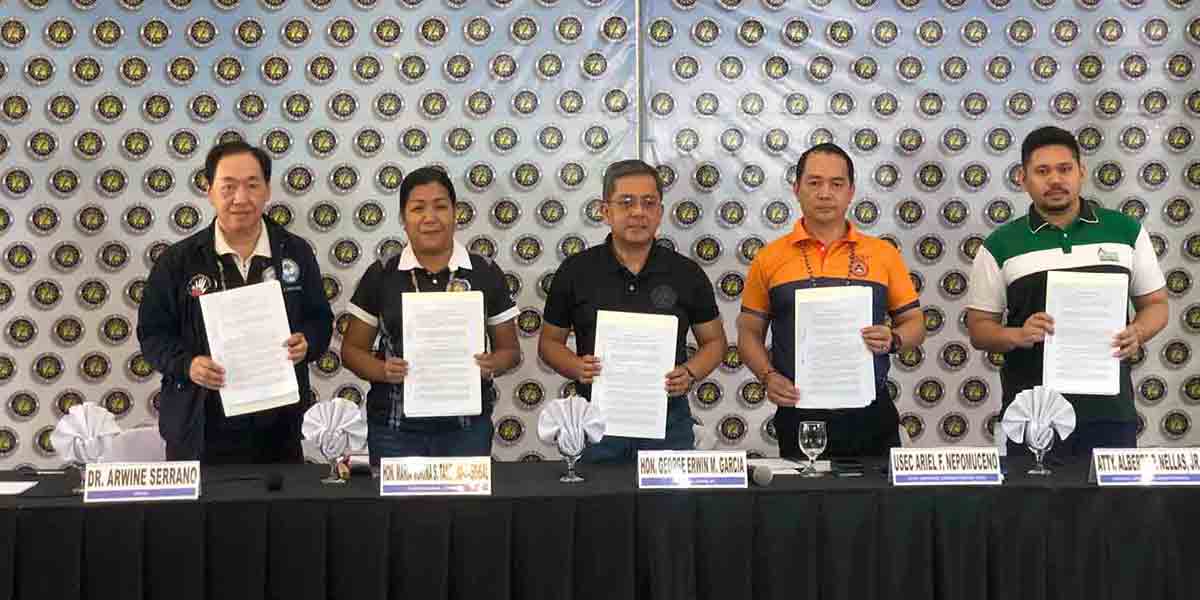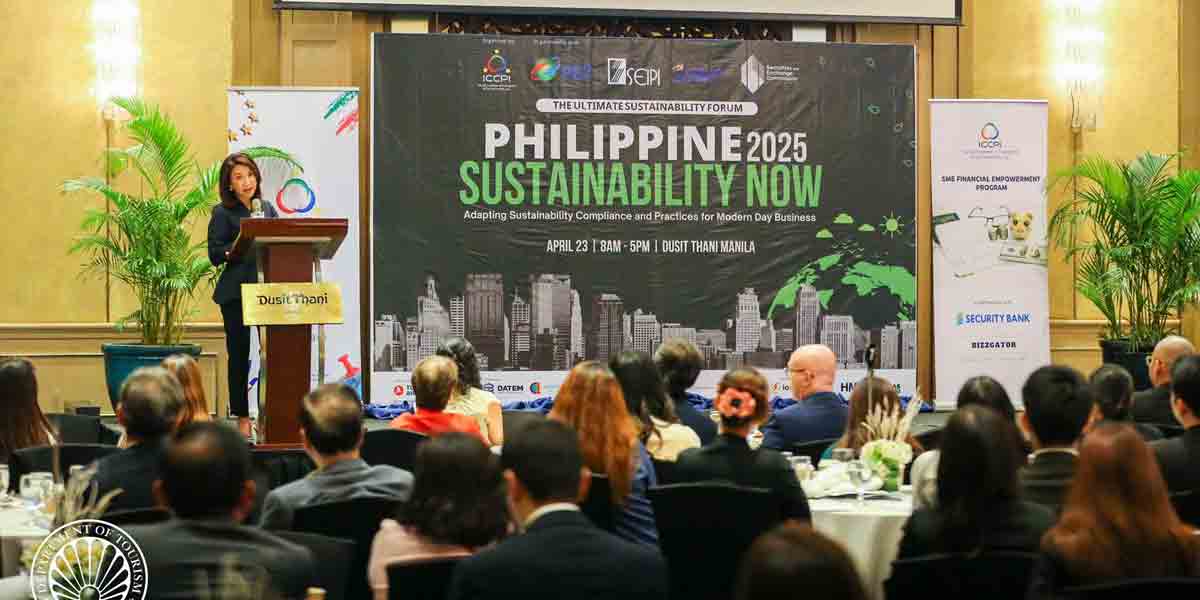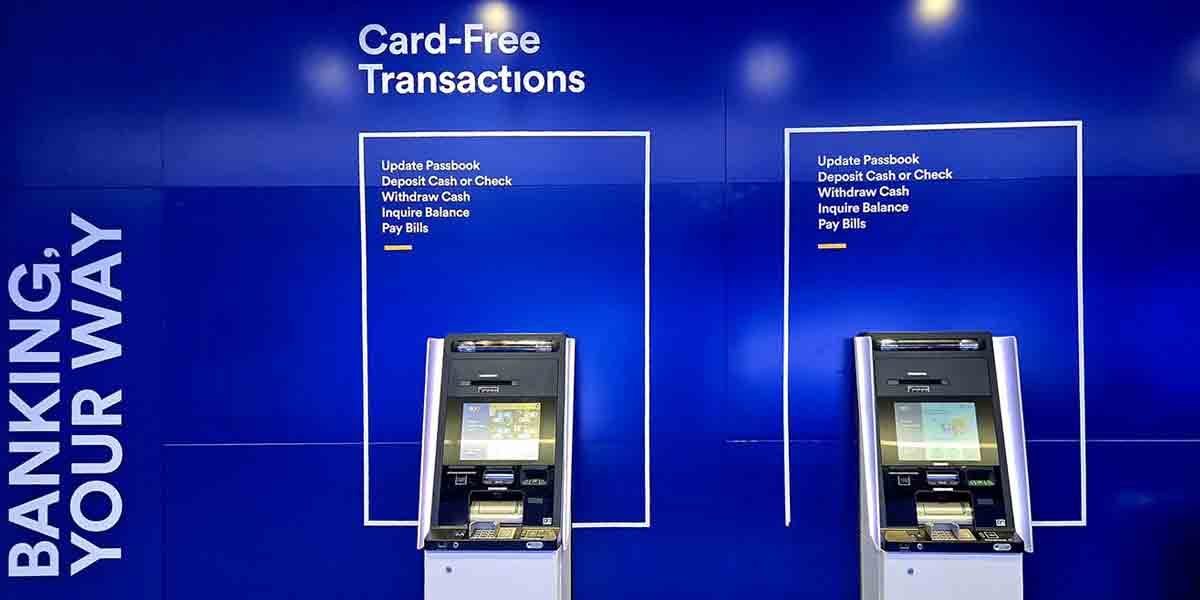The Philippine government has tripled the budget for the Free Wi-Fi for All Program to PHP 7.5 billion in 2025, significantly enhancing efforts to expand internet connectivity nationwide, according to Makati City Rep. Luis Campos Jr.
“In the 2025 General Appropriations Law, we earmarked PHP 7.5 billion for the Free Wi-Fi for All Program. This amount is three times the PHP 2.5-billion allocation for the program in 2024,” Campos, vice chairperson of the House committee on appropriations, said Tuesday.
The program aims to increase the number of password-free public Wi-Fi hotspots to 50,000, targeting underserved and geographically isolated areas.
“We are counting on the expansion of free Wi-Fi hotspots to improve public access to online learning and distance education, especially in geographically isolated and disadvantaged areas,” Campos added.
The initiative also seeks to provide rural communities with access to government resources, such as skills training services, to help individuals secure employment and livelihood opportunities.
Campos highlighted the need for improved mobile internet speeds to complement the program, calling on Congress to pass legislation empowering regulators to enforce higher speed standards on private telecommunications companies.
“We need faster mobile internet speeds to boost productivity. Slow internet speeds result in productivity loss,” Campos said.
The Philippines continues to lag in mobile internet speeds, with an average speed of 36.36 Mbps as of December 2024, according to Ookla’s Global Speedtest Index. This is significantly lower than Southeast Asian peers like Thailand (65.47 Mbps), Vietnam (86.96 Mbps), Malaysia (105.36 Mbps), and Singapore (129.13 Mbps).
Campos is pushing for the passage of House Bill No. 10215, which seeks to reclassify high-speed internet as a basic telecommunications service, ensuring universal access and empowering the National Telecommunications Commission (NTC) to set and enforce minimum internet speed targets.
Under the bill, telcos failing to meet the speed requirements would face penalties of up to PHP 1 million per day until compliance is achieved.






















